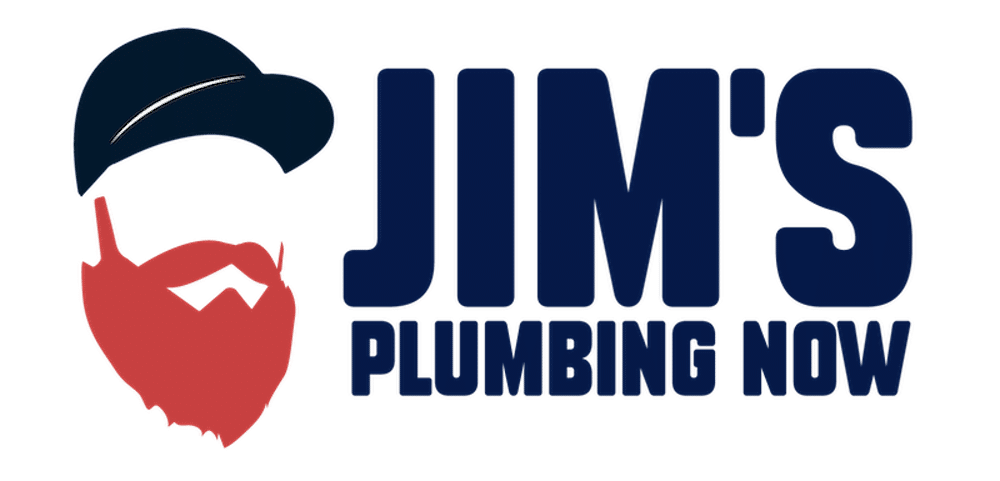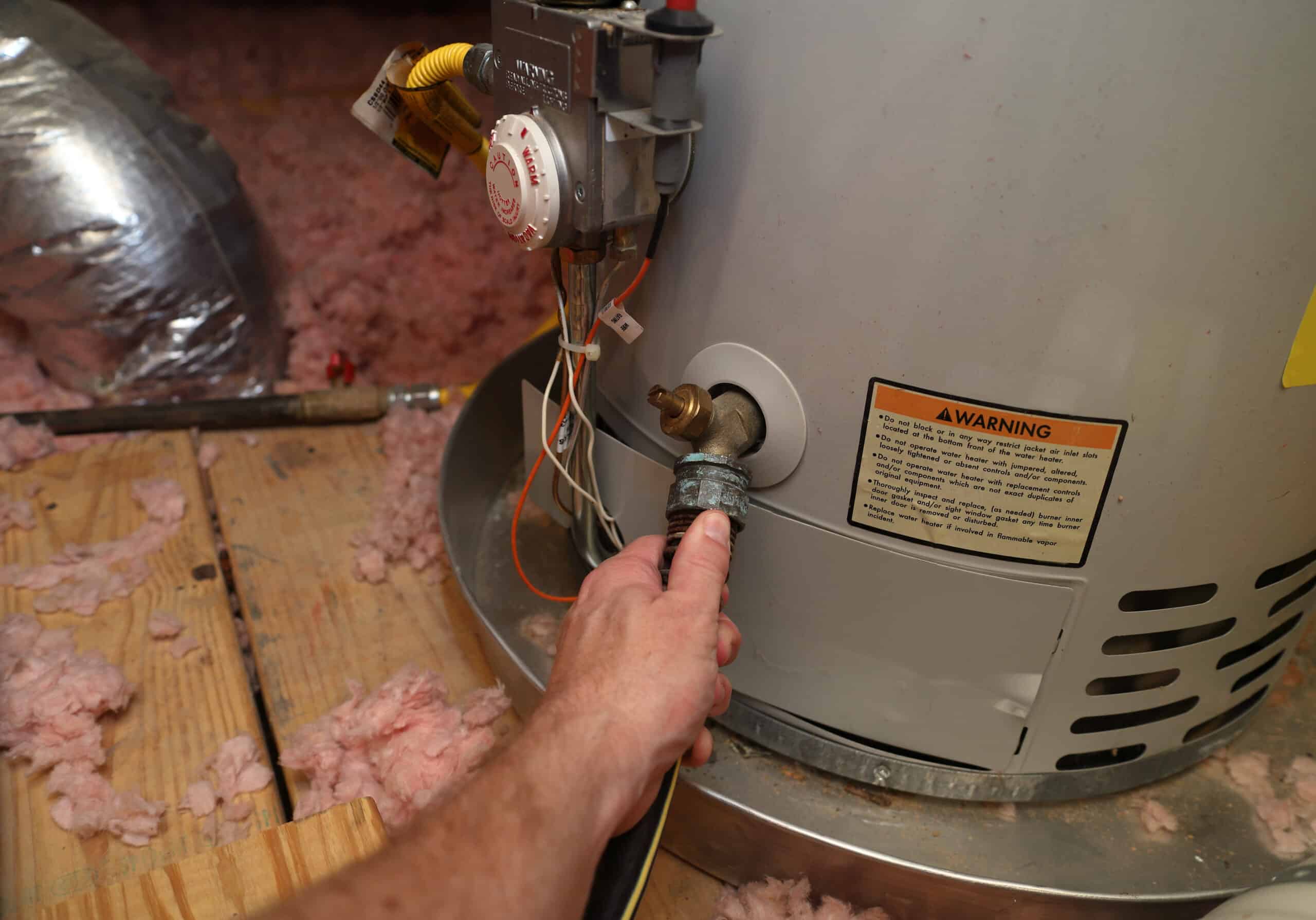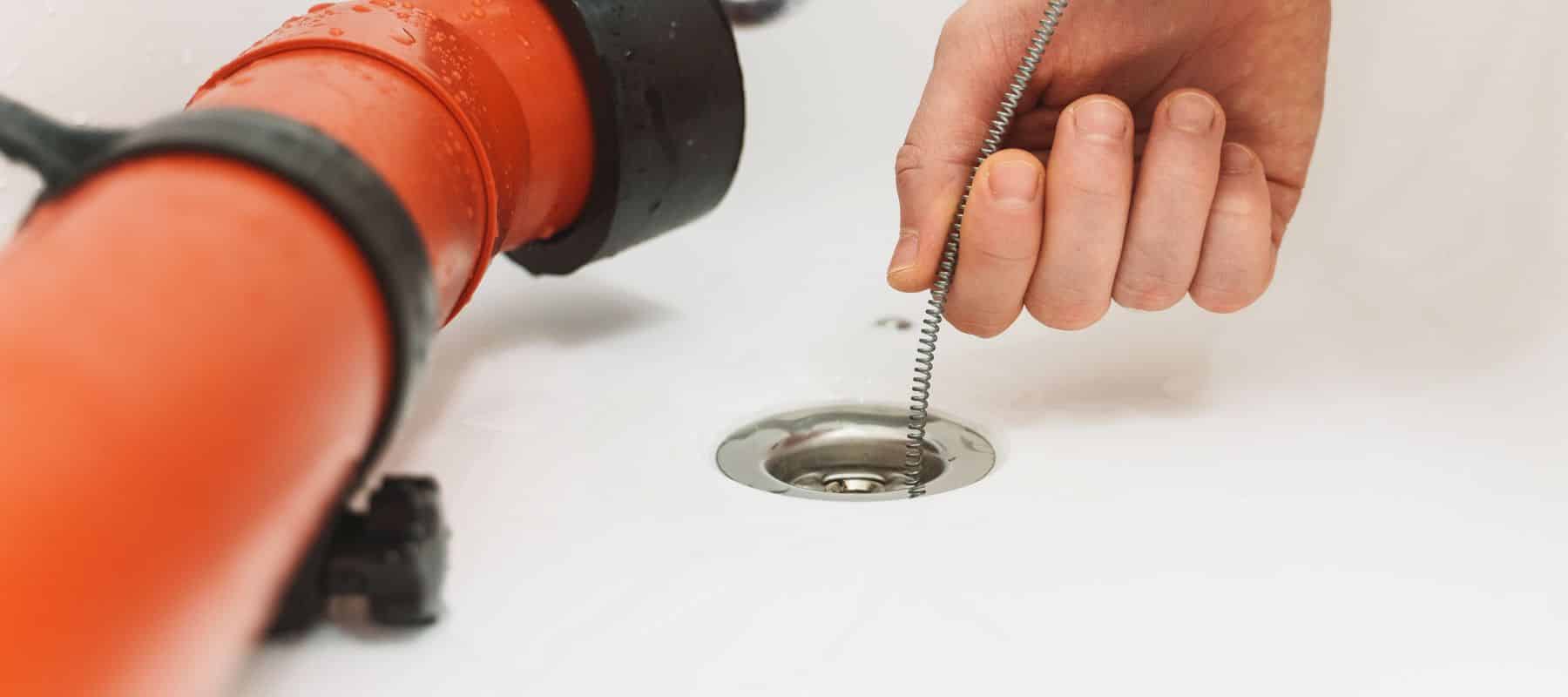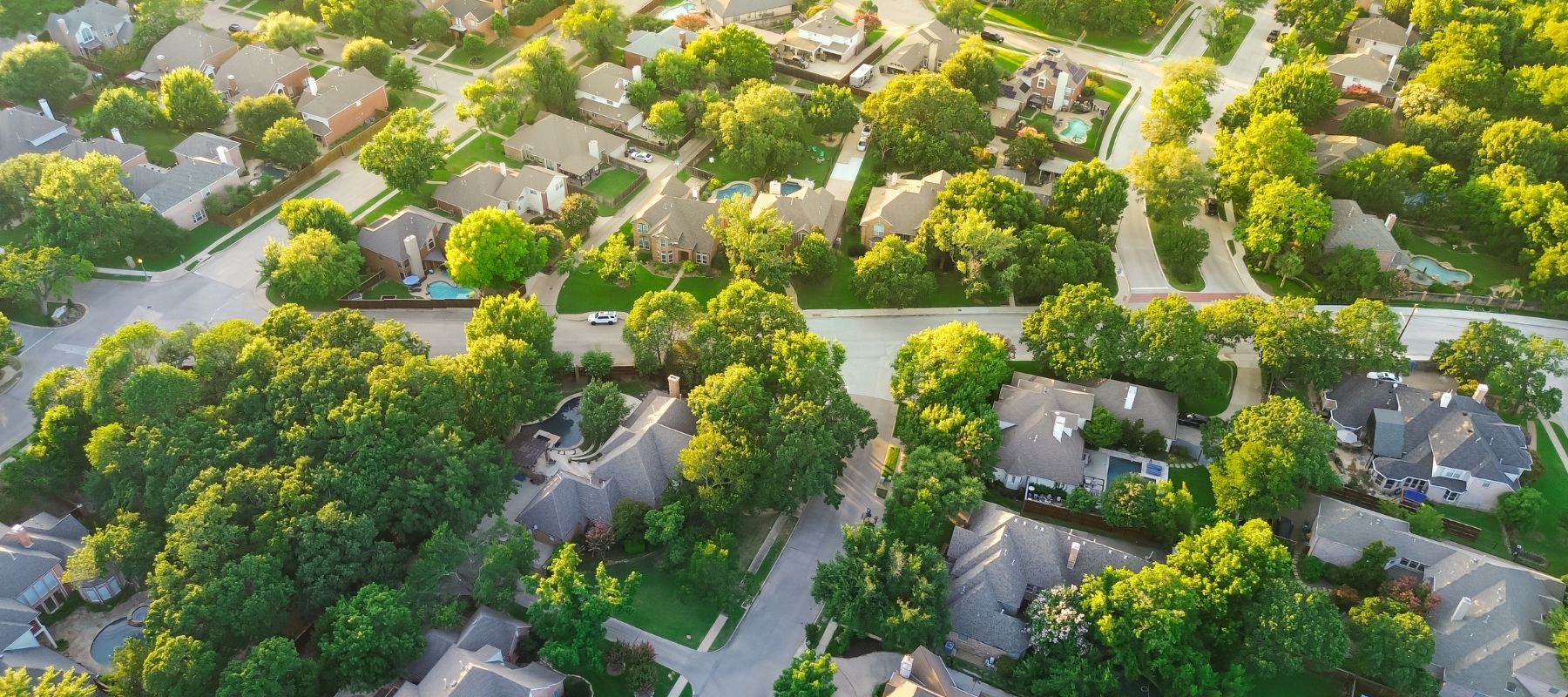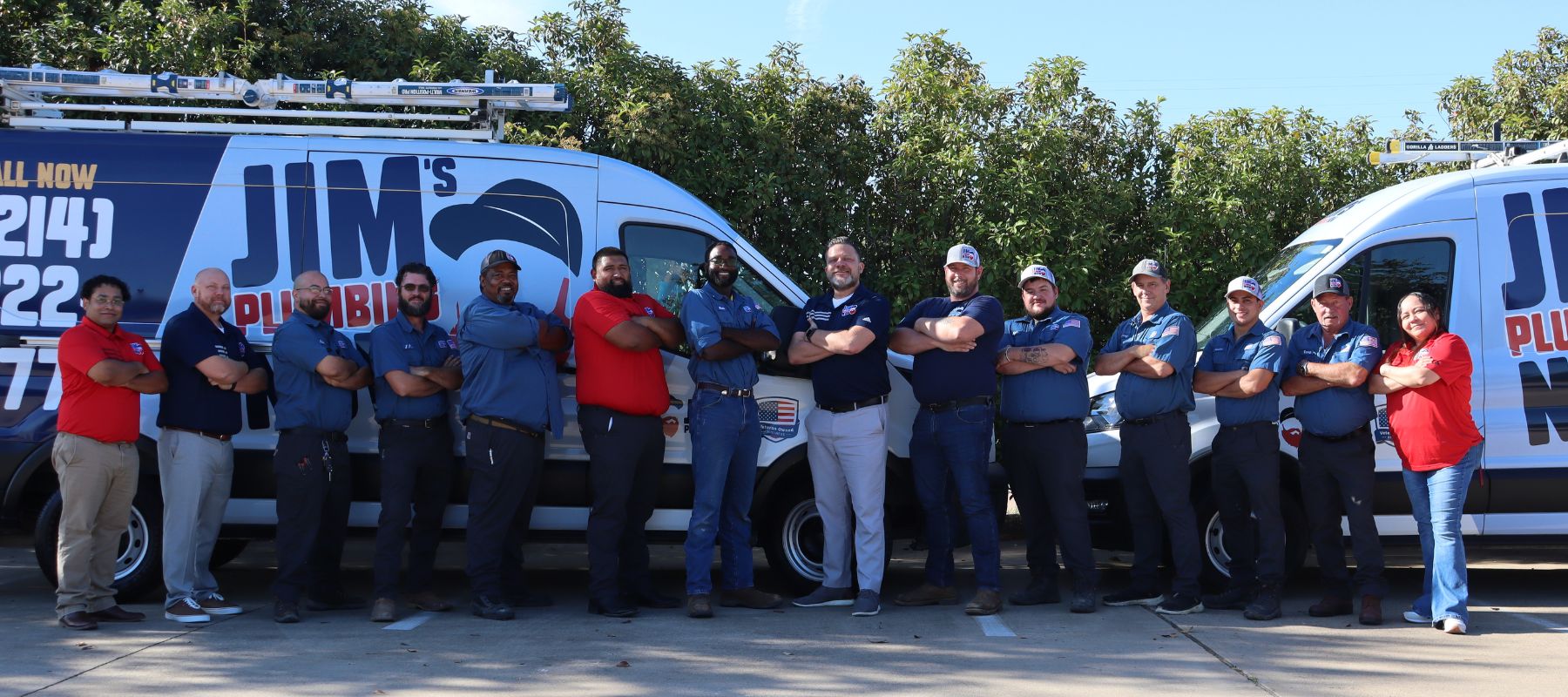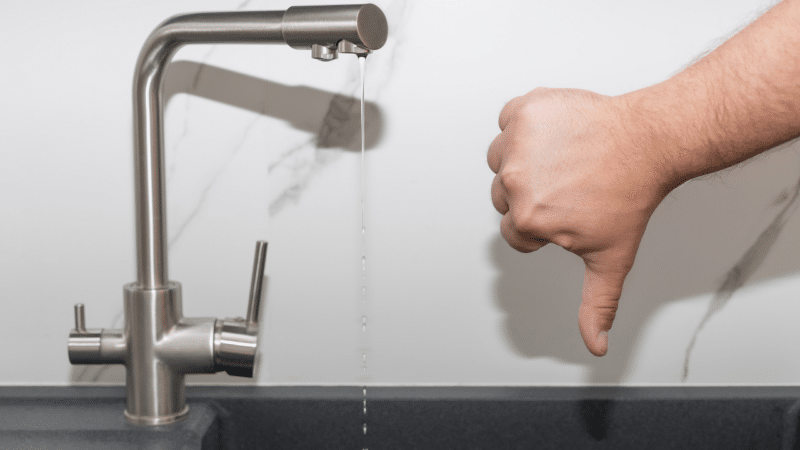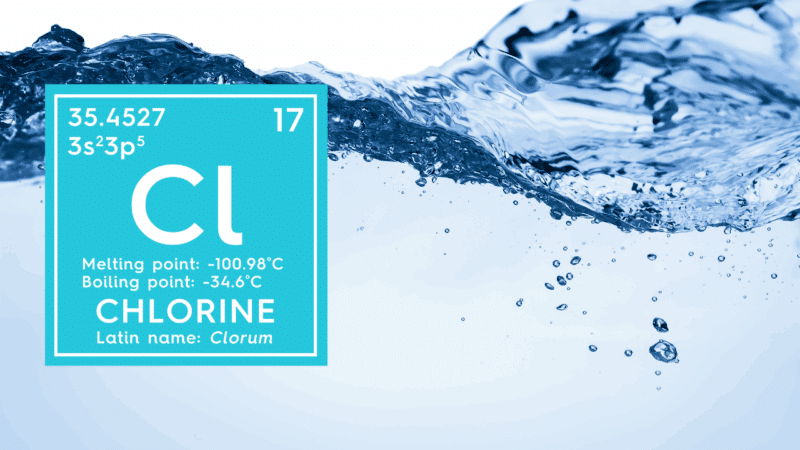In this article…
- What Causes Plumbing Drain Blockages?
- What Will It Cost To Clear A Drain In 2025?
- What Factors Affect the Cost of Drain Cleaning?
- When Can You Clear a Drain Yourself and When Do You Need a Professional?
- Tips to Prevent Future Drain Blockages
- What To Do If Your Plumbing Drains Are Clogged
Dealing with a clogged drain is one of the most common plumbing issues many homeowners face at least once in their lives.
Whether it’s a slow-draining kitchen sink or a completely blocked sewer line, fixing the issue quickly and effectively is crucial to keep things flowing and ensure you don’t damage your plumbing.
But how much does drain cleaning cost? What do I need to know before having my drains cleared? Can I do it myself?
These are all questions you probably have once you encounter a clogged drain in your home, and we’re here to help.
Jim’s Plumbing Now has been the trusted plumber in Dallas and Fort Worth for all your plumbing needs, from water heater replacements to drain cleaning to plumbing repairs under your home.
Our team of licensed, experienced plumbers is here to quickly and properly diagnose your plumbing issue and provide you with the best solution for you.
So, when it comes to clearing your drains, let’s dive into how much it will cost, what factors most affect the cost, and when to call a professional.
What Causes Plumbing Drain Blockages?
Before outlining how much clearing a drain will cost, it’s important to understand why and how drain blockages occur.
Drain blockages can happen for a variety of reasons, and the type of clog often determines how complex (and costly) the fix will be.
Here are the most common spots where plumbing drain blockages occur.
1. Kitchen Sink Drains
Grease, soap residue, and food particles are the usual suspects. Over time, these materials build up, narrowing the pipe and restricting water flow.
If left unaddressed, this buildup can harden, making the blockage more stubborn and costly to remove.
2. Bathroom Drains
Hair, soap scum, toothpaste, and other personal hygiene products can easily clog sinks, tubs, and shower drains. Even small amounts of these materials over time can lead to slow drainage and, eventually, complete blockages.
3. Toilet Drains
Non-flushable items like baby wipes, paper towels, and feminine hygiene products are definite items that will create blockages. Even “flushable” wipes can cause problems, as they don’t break down as easily as toilet paper and are more often than not a myth.
4. Main Sewer Line
A clog in your main sewer line is the most severe type of blockage. Waste buildup can accumulate over years, tree roots looking for moisture can intrude on the drain pipes, or pipes can collapse due to age or external pressure.
Your main line can also become clogged if the plumbing is sagging, creating a belly. This allows the waste to build up and become stuck in one area of the plumbing, unable to properly drain.
A main sewer line issue often results in multiple fixtures backing up at once, signaling a big problem.
Each of these common areas for drain blockages comes with its own set of challenges (and price tags). Identifying where your stoppage is and how severe it is will help to estimate how much it will cost to clear.
What Will It Cost To Clear A Drain In 2025?
When any plumbing issues arise, one of the first things you want to know is how much it’s going to cost and why.
From minor clogs to major sewer line blockages, here’s a breakdown of what you can expect to pay for different types of drain cleaning in 2025.
These are starting prices that include the cost of diagnosing the issue, labor, and basic tools or materials. However, additional repairs or extensive damage to pipes may result in higher costs.
- Minor Clogs (Sinks, Tubs, etc.): $100 – $250. These clogs usually require simple tools and can often be resolved within an hour.
- Toilet Clogs: $125 – $300. This type of drain cleaning is more expensive for the necessary tools and techniques needed to remove more stubborn blockages.
- Main Sewer Line Blockages: $500 – $1,000+. This range reflects the complexity of accessing and clearing blockages in the sewer line, which may require hydrojetting, camera inspections, or even excavation and repair.
It’s important to remember that every plumbing system and drain cleaning required is different. Depending on the location, degree of difficulty to access, and severity of the clog, the cost of your project can fluctuate.
What Factors Affect the Cost of Drain Cleaning?
While the location of your drain blockage firstly affects the starting cost of a drain clearing, several other factors will influence the cost of clearing a clogged drain.
1. Type and Severity of the Blockage
Minor clogs in a single sink or toilet typically cost less to address than a blockage in the main sewer line. Severe blockages that require advanced tools or more labor will increase the price.
For example, tree root infiltration in your sewer lines may require extensive removal and possibly pipe repairs, significantly adding to the cost, as opposed to a simple sink clog.
2. Location of the Blockage
If the clog is in an easily accessible location, such as under a sink, the cost will be lower.
Sewer line clogs, which may require excavation or accessing underground pipes, are more expensive. Factors like the depth of the pipes and surrounding landscaping can further affect the cost.
3. Tools and Expertise Needed
Depending on the location and severity of the blockage, specialty tools and techniques may be required for proper removal.
Plungers and drain snakes are basic tools are work for minor clogs and usually keep costs on the lower end. However, they may not address the root cause of reoccurring blockages.
Hydrojetting is a technique that uses high-pressure water to clear severe blockages and costs more due to the specialized equipment and skill required. It’s most effective for removing grease, scale buildup, and tree roots.
Pinpoint camera inspections utilize a fiberoptic camera to pinpoint the exact location and cause of the blockage. While this adds to the cost, it can save time and money in the long run by accurately diagnosing the problem.
Understanding all the factors that will affect the cost of clearing your drains is essential to have realistic expectations and avoid the feeling of sticker shock when that price is presented.
The more information you have regarding your drain cleaning before calling a plumber, the better off you’ll be.
When Can You Clear a Drain Yourself and When Do You Need a Professional?
Most simple drain clogs can be handled yourself with some easy DIY tricks, but knowing when to tackle a clogged drain yourself and when to call in a professional is important. It can save you time, money, and frustration in the long run.
Let’s look at when you can clear a drain yourself and when you need to hire a professional plumber.
You can get away with fixing your clogged drain if:
- The blockage is minor: A slow-draining sink or tub is often caused by surface-level debris like hair or soap scum that can be removed with a warm water, baking soda, and vinegar mixture or by using a drain snake.
- You have the right tools: Basic tools like a plunger, drain snake, or closet auger are sufficient for simple clogs. The same water, baking soda, and vinegar mixture also help dissolve minor buildup in drains.
- You know the cause: If you’re certain the clog is caused by something like food particles or grease in the kitchen sink, you can try DIY methods before calling a plumber. If you’re unsure, it’s best to leave it to a professional
You should contact a professional plumber to handle your drain clearing if:
- The clog persists: If your efforts don’t resolve the issue, the blockage may be deeper or more severe than expected, requiring professional attention.
- Multiple drains are clogged: This often indicates a problem with the main sewer line, which requires professional tools and expertise.
- There’s a foul odor: Persistent bad smells coming from your drains could mean there’s a buildup of waste further down the drain or even a sewer line issue.
- You suspect damage in your plumbing: Gurgling sounds, water backing up, or unusually slow drains can indicate a larger issue like damaged pipes or tree root intrusion.
- You don’t have the tools or experience: Professional-grade equipment like hydro jetters and sewer cameras are necessary for severe or complex clogs and should be handled by the experts when serious drain clogs are present.
Attempting to fix a significant blockage on your own can worsen the issue or cause damage to your plumbing system. If you have any doubts or concerns about your clogged drain, it’s always best to consult a professional.
Tips to Prevent Future Drain Blockages
After understanding how much drain cleaning costs and when you need to call a professional, you want to know how you can prevent drain blockages in the future.
Avoiding clogs altogether can save you time, money, and stress. Here are some tips to keep your drains flowing freely:
- In the Kitchen: Avoid pouring grease, oil, or coffee grounds down the sink. Use a strainer to catch food particles, and dispose of them in the trash or compost.
- In the Bathroom: Use drain covers to catch hair and dispose of hygiene products in the trash instead of flushing them. Regularly clean your drain covers to prevent buildup.
- Regular Maintenance: Schedule routine drain cleaning and preventative inspections to catch potential issues early.
- Check Outdoors: Keep trees and shrubs trimmed and away from your sewer lines. Roots are a common cause of mainline blockages and can be expensive to address.
Preventative maintenance is the best way to avoid any potential plumbing issues. By properly caring for your indoor plumbing, you can ensure everything runs smoothly and avoid costly repairs.
What To Do If Your Plumbing Drains Are Clogged
Now you know all about how much your drain cleaning will cost, what factors most affect the cost, and when you need to call a professional versus resolving the issue yourself.
A clogged drain can happen to anyone, even if you take care of your drains with the right preventative maintenance.
Grease and food in kitchen sinks, hair and soap in bathroom sinks and showers, and non-flushable products are just a few reasons why your drain may have a clog.
The cost to unclog and clear your drain can range as little as around $100 for minor clogs to over $1,000 for deeper, more severe drain clogs. This price all depends on the type and severity of the clog, the location and how hard it is to get to, and any specific tools and practices needed to access and clear the clog.
Understanding the cost of your project is the first crucial step to prepare for your plumbing repair.
It’s no secret fixing your plumbing can be expensive. This is why you want to have an idea of how much your plumbing repair will be and what factors will greatly affect the total cost.
At Jim’s Plumbing Now, we’re here to provide you with all the information you need to feel confident in your project and help guide you to the best solution.
Whether you work with us or not, our team of expert plumbers will educate you on your plumbing issues, how they came to be, and what the proper fix is.
So, if you have a clogged drain or any other plumbing issue, you want to know if it’s something you should tackle on your own or hire a professional.
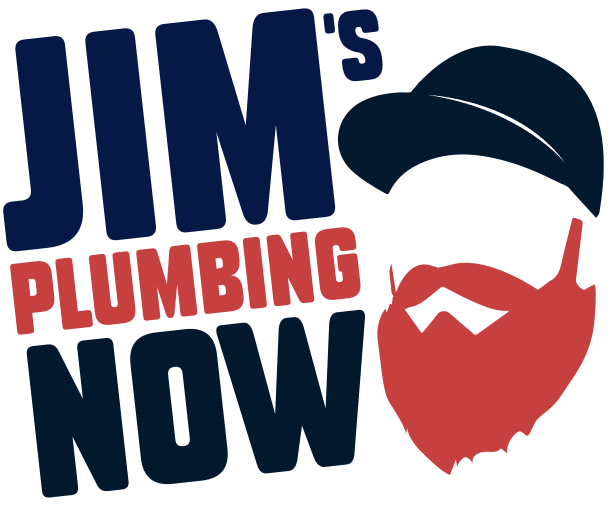
Looking for the right plumber in the DFW area? Schedule your appointment with Jim’s Plumbing Now today to get your plumbing right!
